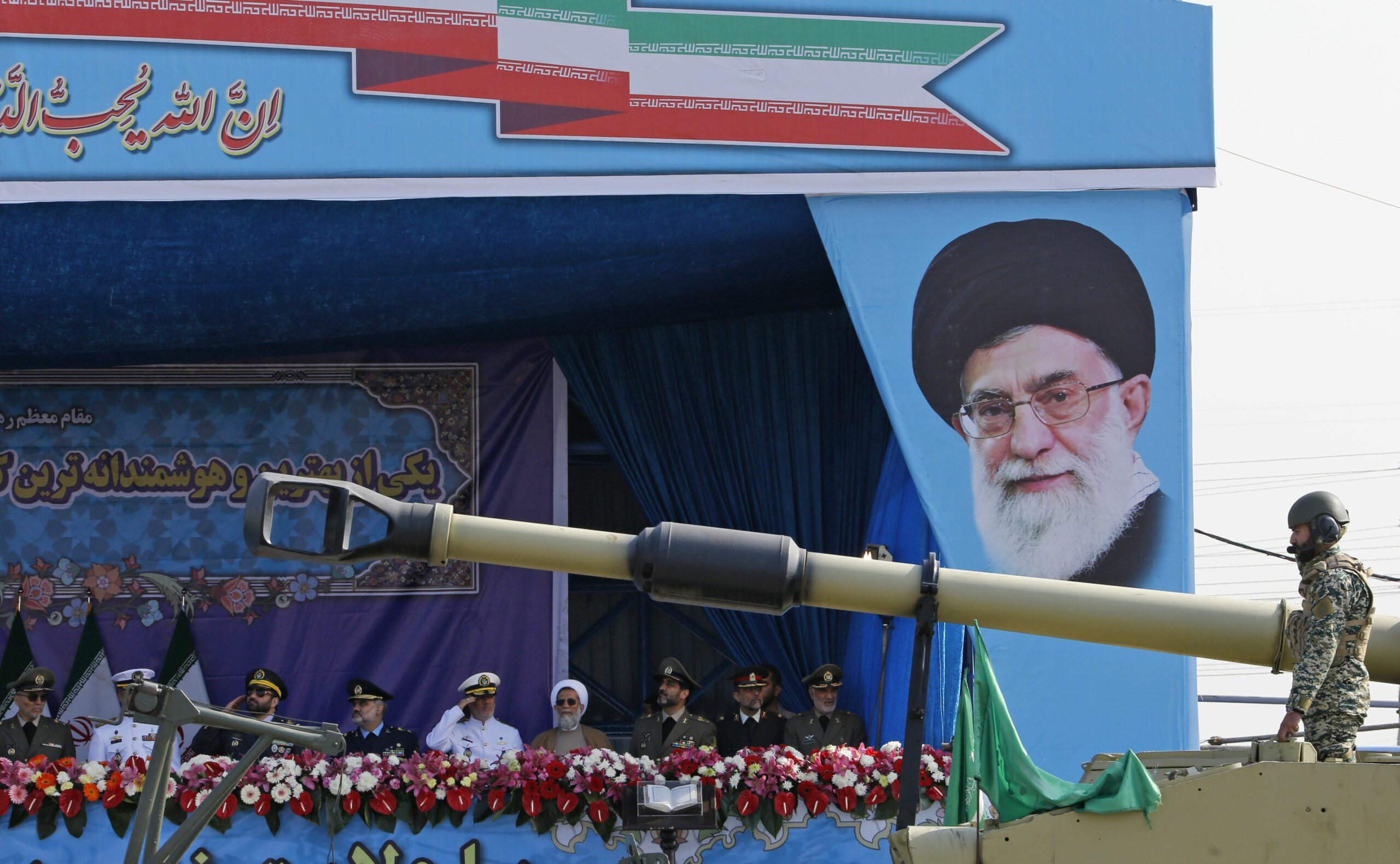This Week’s Guest: Richard Goldberg
President Biden has been in office for just over one month, but when it comes to his administration’s relationship with Iran, the honeymoon is already long over. Just in the past few weeks, Iran has launched rockets at American assets in Iraq, refused to allow in-person inspections by International Atomic Energy Agency officials of its nuclear facilities, and extorted sanctions relief from South Korea by taking an oil tanker hostage. Through all these actions, Tehran is trying to determine the Biden administration’s objectives, probe its limits, and assess its political will.
Now it’s up to the new American team to lead a response, and to declare—in its words and actions—to the world, and especially to the Iranians, what the United States wants to do, what it can abide, and what it will not accept. On this week’s podcast, the national-security expert Richard Goldberg joins Mosaic’s editor Jonathan Silver to explain the Biden administration’s early moments of decision on Iran and to project what the short- and long-term consequences of those decisions might be.
Musical selections in this podcast are drawn from the Quintet for Clarinet and Strings, op. 31a, composed by Paul Ben-Haim and performed by the ARC Ensemble.
Excerpt (9:23-12:01):
Richard Goldberg:
There was a campaign promise from the Biden administration that they’re going to go back in the nuclear deal, and once in the nuclear deal they would look to negotiate with Iran issues that were not addressed in the nuclear deal. They said that once back in the deal, we can address the sunset provisions of the deal and try to extend them. We can talk to Iran about their missile program, about their regional aggression (which is code for sponsorship of terrorism). We can talk to them about their human rights record.
The problem with this is that you’re signaling very early on that your goal is to de-escalate. Your goal is to get Iran off the top of the news so that you can move to something else. You want to focus on China or Asia, and the quickest way to de-escalate is to give Iran what it wants. For the Iranian side, they’re not stupid, they’ve done this before, they’re great negotiators. They say ok, well if the Biden administration already wants to give us what we want, let’s run up the score a bit. Let’s make it harder for them to give us what they already are willing to give us; let’s try to get the price a little higher; and let’s try to see if the concessions that we have to make to get something from this new administration can be even less. Maybe we don’t have to go all the way back into the nuclear deal to get some money and sanctions relief. Maybe we can negotiate with this administration over our nuclear program forever, and never have to move on to missiles or terrorism or human-rights issues.
That’s largely the strategy you see from the Iranians today: escalation of the nuclear program, escalation in Iraq against U.S. forces, escalation in the Gulf, really trying to drive a crisis environment so that the Biden administration has to deal with it fast, and has to make a choice of how they’re going to deal with it. Are they going to hold tough, hold the line on sanctions, send messages of deterrence, try to get Europe on board for a new strategy of talking to Iran in one voice saying “we’re just not going to accept this”? Or do they try to move quickly, offer Iran more money, offer Iran sanctions relief, allow something less than a return to the full deal at once, and get caught in the Iranian trap of giving this regime a life raft, so that they can drag out talks for four-plus years with this administration while it moves on to something else and Iran takes advantage in the region.
More about: Foreign Policy, Iran, Iran nuclear program, Politics and current affairs, Terrorism, U.S. Security







